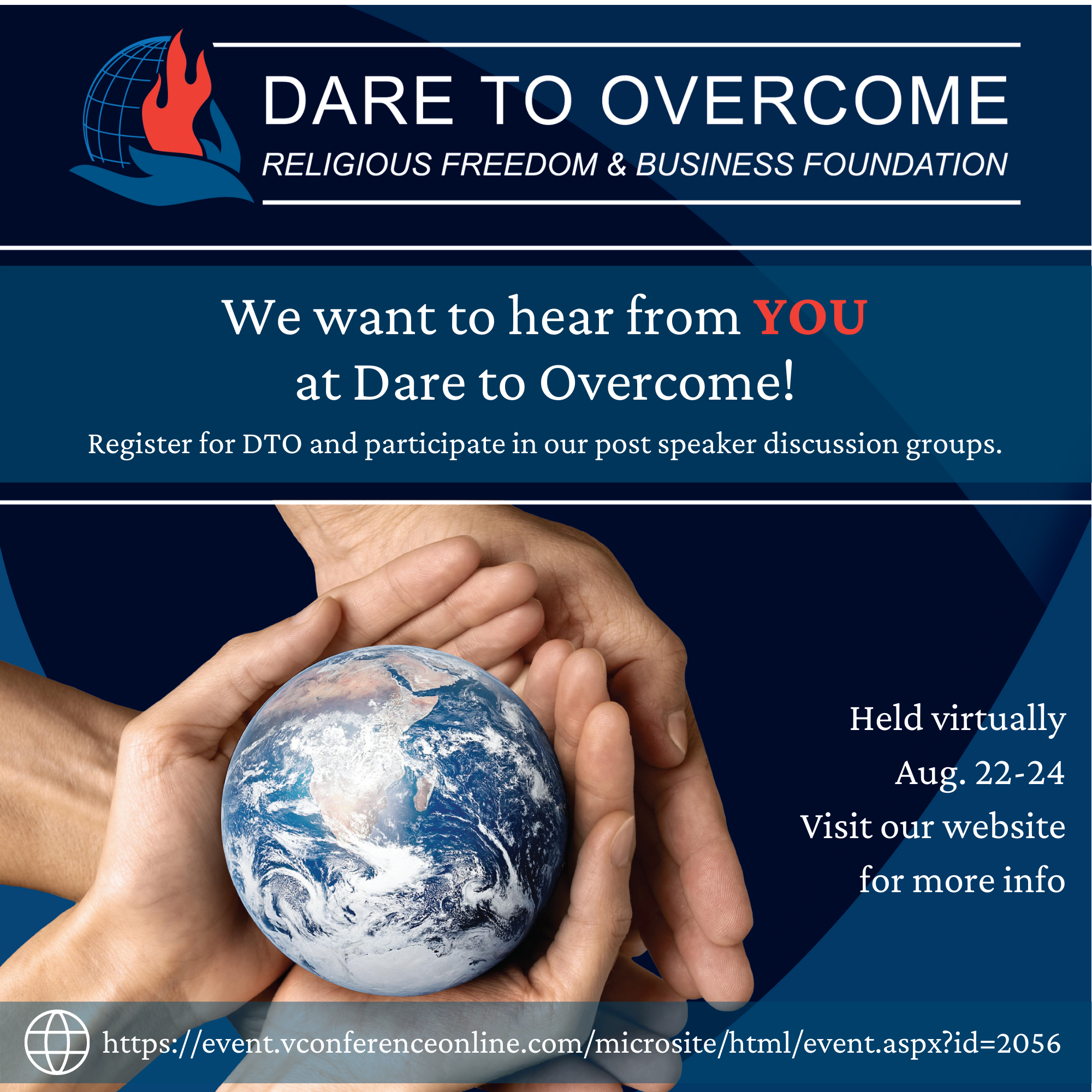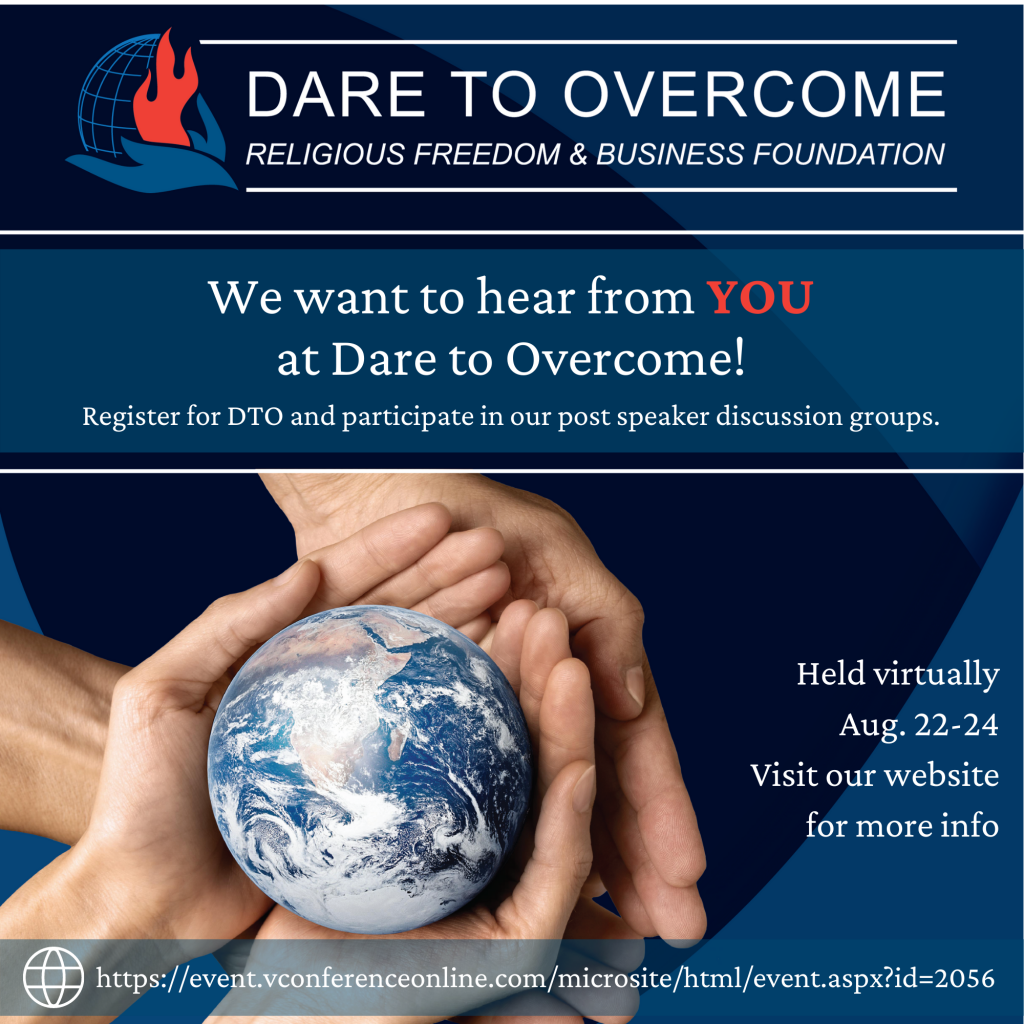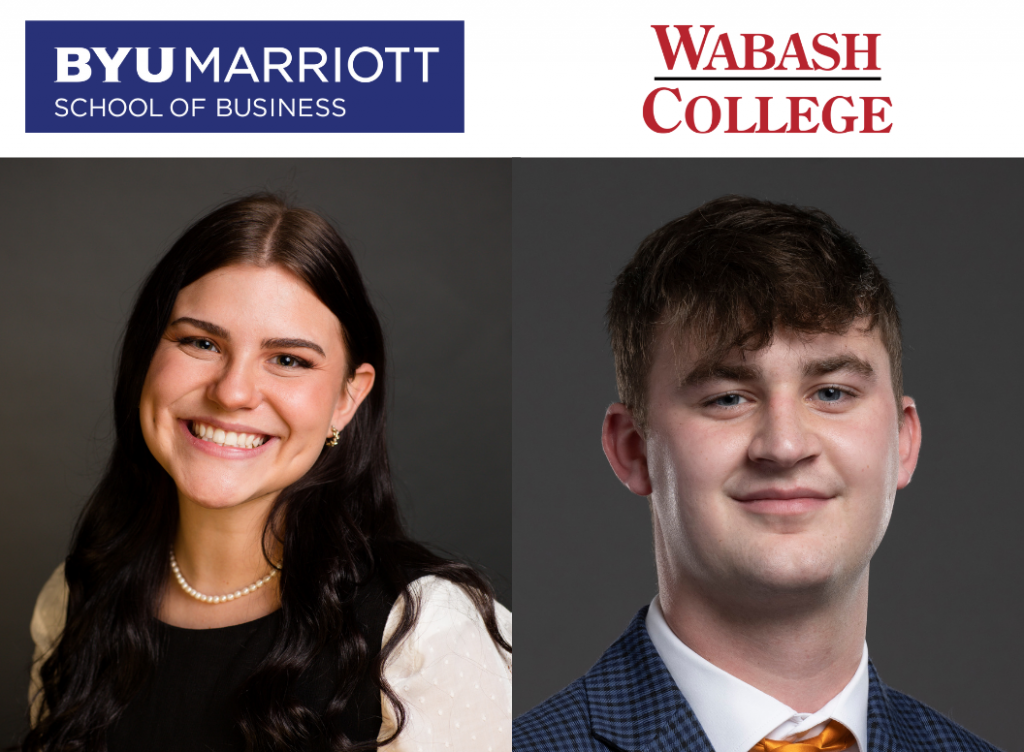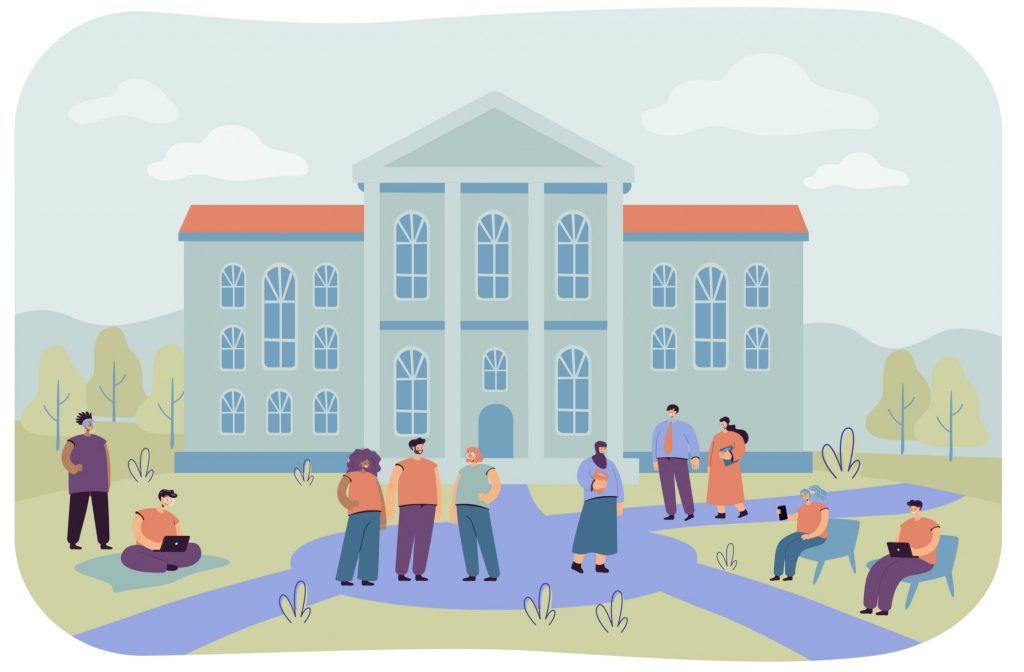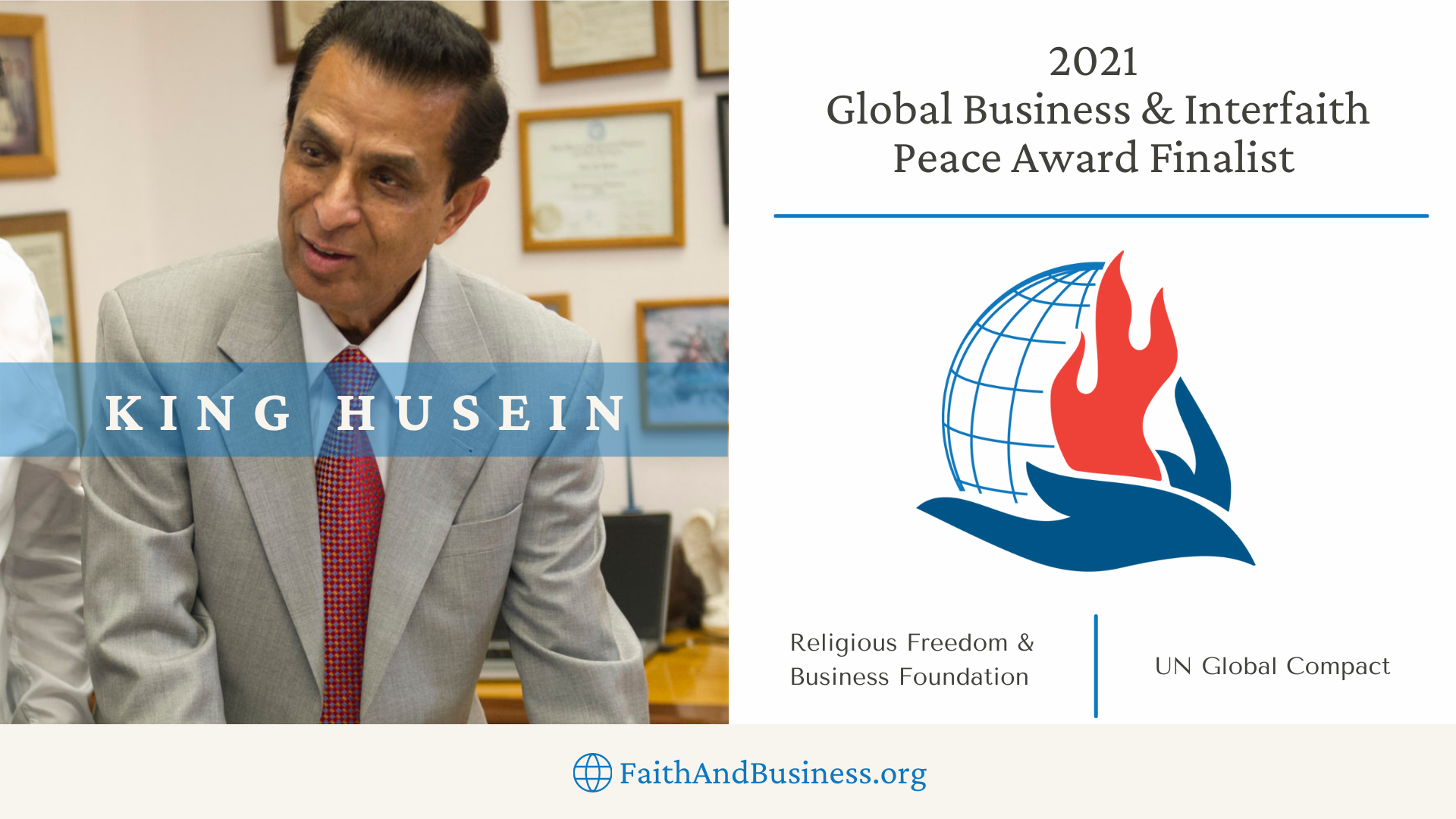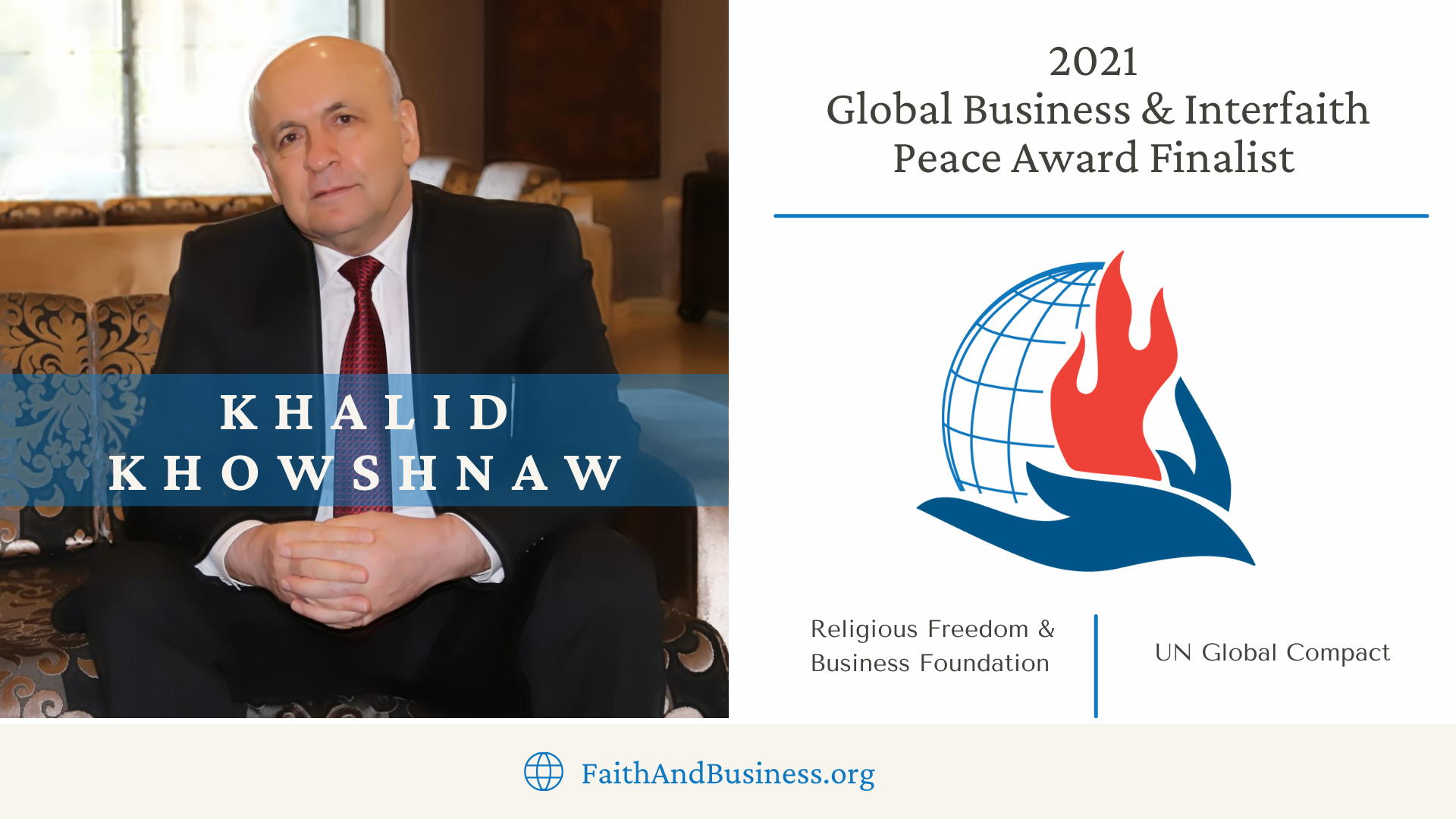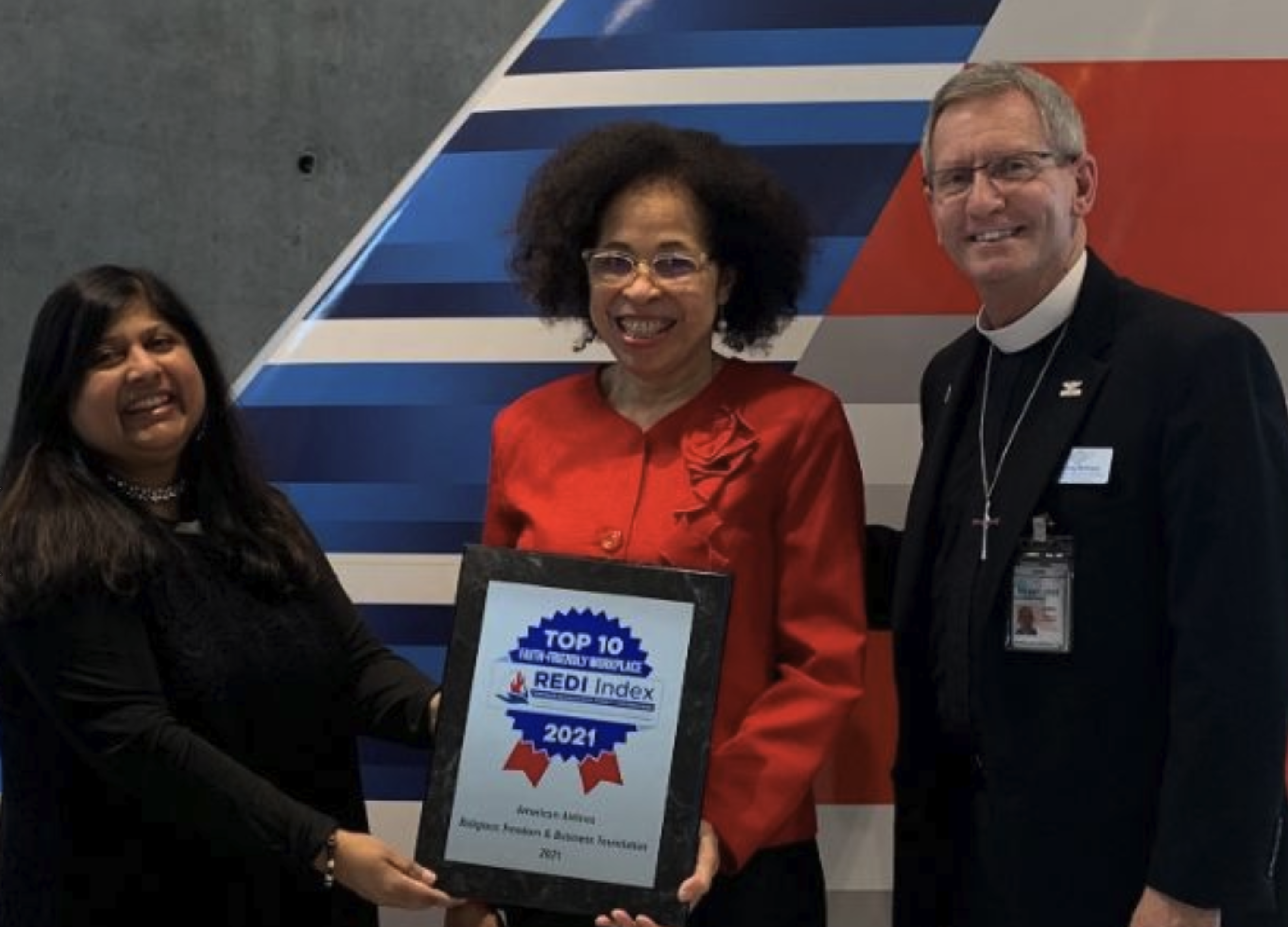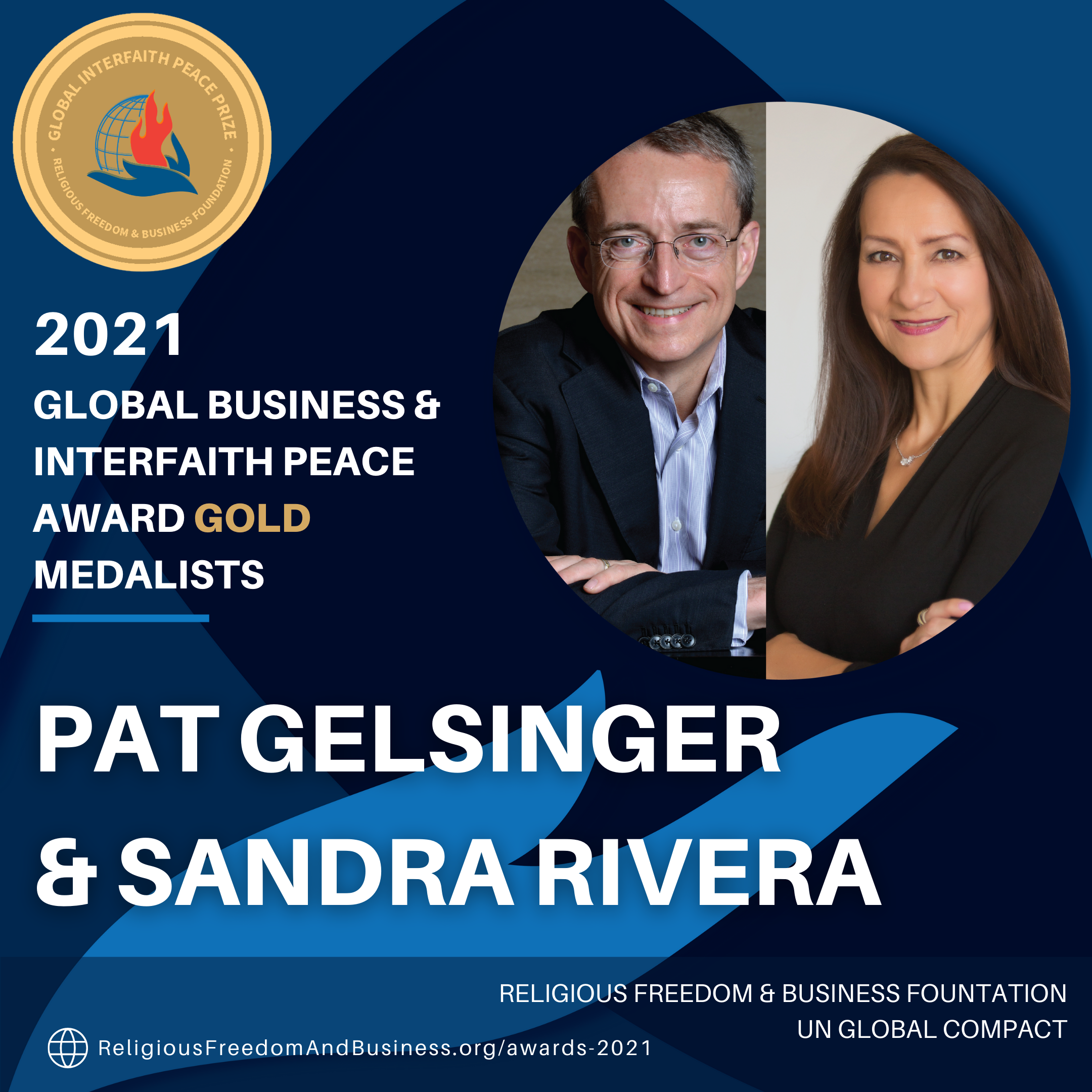 Intel’s CEO Pat Gelsinger and EVP Sandra Rivera to receive 2021 Global Business & Interfaith Peace Award Gold Medal on August 24 in Virtual Ceremony
Intel’s CEO Pat Gelsinger and EVP Sandra Rivera to receive 2021 Global Business & Interfaith Peace Award Gold Medal on August 24 in Virtual Ceremony
The join other CEOs from US, UK Iraq, Israel, India, Australia, Japan to be honored from multiple industries: technology, construction, health, food, manufacturing, legal services
EMBARGOED FOR RELEASE: Washington DC, 22 Aug. 2021, 00:00 AM
Pat Gelsinger and Sandra Rivera will virtually take the stage, speak and be honored with Gold Medals at the global Dare to Overcome conference on August 24 for their work in interfaith understanding, religious freedom and peace.
“Pat and Sandra are showing Corporate America and the world that creating a culture where people can bring their whole selves to work – faith, beliefs and all – is good for people, good for business and good for society,” said Dr. Brian Grim, president of the Religious Freedom & Business Foundation. “This is for everyone,” said Grim, “because everyone’s core values (religious or not) are the engine driving commitment and innovation.”
The Intel Corporation is the most religiously inclusive Fortune 100 company in America, according to the REDI Index. Pat Gelsinger, Intel’s CEO, and Sandra Rivera, Intel’s CPO, have helped create a culture where people can bring their whole selves to work — faith and all — thanks to solidly incorporating religious diversity into their overall diversity and inclusion commitments. Intel’s embrace of religious inclusivity is seen in their willingness to officially sponsor a wide range of faith-based employee resource groups. These groups not only support members of their particular faiths, but also work together in an interfaith association to support all employees at Intel to succeed in work and life, indeed, a positive model for society at large.
Winners of the third biannual Global Business & Interfaith Peace Awards will express their thoughts on faith and work as they are presented with Gold, Silver, and Bronze medals in a virtual global ceremony at noon ET, Tuesday, Aug. 24, the day of the Opening Ceremony of the Paralympic Games in Tokyo. For winners in Japan, a special awards ceremony will be held at the prestigious Sophia University in Tokyo on Aug. 22.
Previous Awards were presented in tandem with the Paralympics in Rio de Janeiro (2016) and in Seoul (2018), where former UN Secretary General Ban Ki-moon, former Japanese Prime Minister Yukio Hatoyama, and former general manager of Bain Capital, Robert C. Gay, gave keynote addresses.
The awards are presented by the Religious Freedom & Business Foundation, a US-based nonprofit, in cooperation with the United Nations Global Compact’s Business for Peace initiative. The foundation helps educate the global business community about how religious freedom is good for business and how they can promote respect for freedom of religion or belief.
Winners come from a variety of religious backgrounds and manage companies and enterprises in Australia, India, Iraq, Israel, Japan, the United Kingdom, and the United States. Gold, Silver, and Bronze medals are given in three categories: Core Business, Philanthropy, and Advocacy.
The Core Business gold medal is shared by Pat Gelsinger, Intel’s CEO, and Sandra Rivera, Intel Executive Vice President, former Chief People Officer and now General Manager of the Datacenter & Artificial Intelligence Group, who have helped create a culture where people can bring their whole selves to work – faith and all – thanks to solidly incorporating religious diversity into their overall diversity & inclusion commitments.
The Philanthropy gold medal goes to Dr. Judith Richter, CEO of the Israeli heart stint company Medinol, who also founded the NIR School of the Heart to help high school students not only understand cardio-vascular career opportunities but also connect the hearts of people from different cultural, ethnic, and religious backgrounds.
The Advocacy gold medal goes to King Husein, Chairman and CEO of Span Construction & Engineering, who has played a critical role addressing the rising tide of restrictions on religious freedom that has swept the globe over the past decade. His efforts range from helping found the South Asian Consortium for Religion and Law Studies, to helping to kick off the first-ever Business Roundtable to advance International Religious Freedom during the 2019 UN General Assembly in New York City.
Silver medals go to John Tyson (Core Business), Chairman of Tyson Foods, who was an early pioneer of building a faith-friendly workplace by recognizing the spiritual and psychological needs of all employees; Maurice Ostro (Philanthropy), Chair of Ostro Fayre Share Foundation, Vice Chair of the Council of Christians and Jews (the UK’s oldest interfaith organization) and the Founding Patron of the Faiths Forum for London; and Peter Mousaferiadis (Advocacy), founder of Cultural Infusion in Australia, who is a pioneer in using cultural and artistic expression as a means of promoting social cohesion and interfaith understanding.
And the three bronze medals go to Khalid Khowshnaw (Core Business), founder the Hemn Construction Group in Iraqi Kurdistan, combats discrimination based on race, religion, ethnicity, or sectarian identity by intentionally hiring differing nationalities to working alongside one another; Dr. John Gathright (Philanthropy), founder of Tree Climbing Japan, who helps children of differing faiths, abilities, and challenges come together to find an increased self-confidence through embracing the challenge of climbing trees; and Candice Corby (Advocacy), founder of Cobra Legal Solutions in India and the U.S., who promotes the celebration of religion and belief, encouraging employees to be their full selves, including bringing their faith and beliefs to work in this majority-female law firm.
“These CEOs show that business is a powerful force for building interfaith understanding, religious freedom and peace in workplaces, marketplaces and in societies at large,” said Brian Grim, president of the Religious Freedom & Business Foundation and global chair of Dare to Overcome. “Indeed,” Grim said, “civil society and governments have much to learn about building religious freedom in practice from these amazing champions.”
Dare to Overcome
The awards are presented as the culminating virtual event of Dare to Overcome (DTO) (at noon US ET on August 24, 2021), the Religious Freedom & Business Foundation’s signature global conference, with the mission of shining a light on successes in promoting mutual respect and allyship among diverse communities. Each day focuses on a different theme:
– Aug. 22: Social Justice, Equity and Religious Non-discrimination
– Aug. 23: Intersectionality Between Faith & Abilities Employee Resource Groups (ERGs)
– Aug. 24: Business for Interfaith Understanding, Peace & Inclusion.
Please join on the 24th us to hear and interact with these CEOs as well as experience DTO’s gala finale: our virtual 200-member global choir from dozens of countries, faiths and ethnicities singing the Dare to Overcome original anthem!
- – Conference website
- – Tickets are $20
- – for scholarships, email for details
Additional Details
The 2021 jury is comprised of a group of high-level experts, including from the European Union (H.E. Ján Figeľ, former Special Envoy for promotion of freedom of religion or belief outside the EU); the NGO religious freedom community (Dr. Katrina Lantos Swett, President of the Lantos Foundation for Human Rights & Justice, and a former Chair of the US Commission on International Religious Freedom); and the business & peace community (Per L. Saxegaard, Business CEO, and Founder and Executive Chairman of the Business for Peace Foundation, Oslo, Norway).

